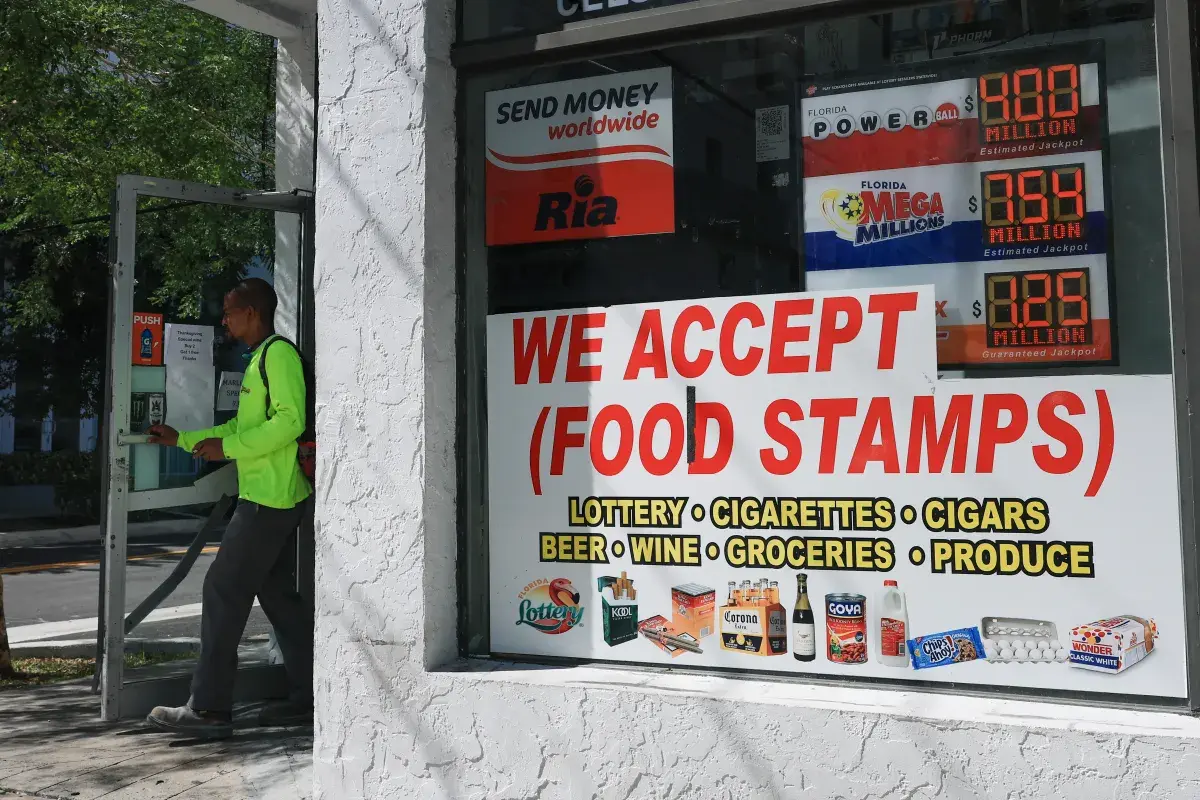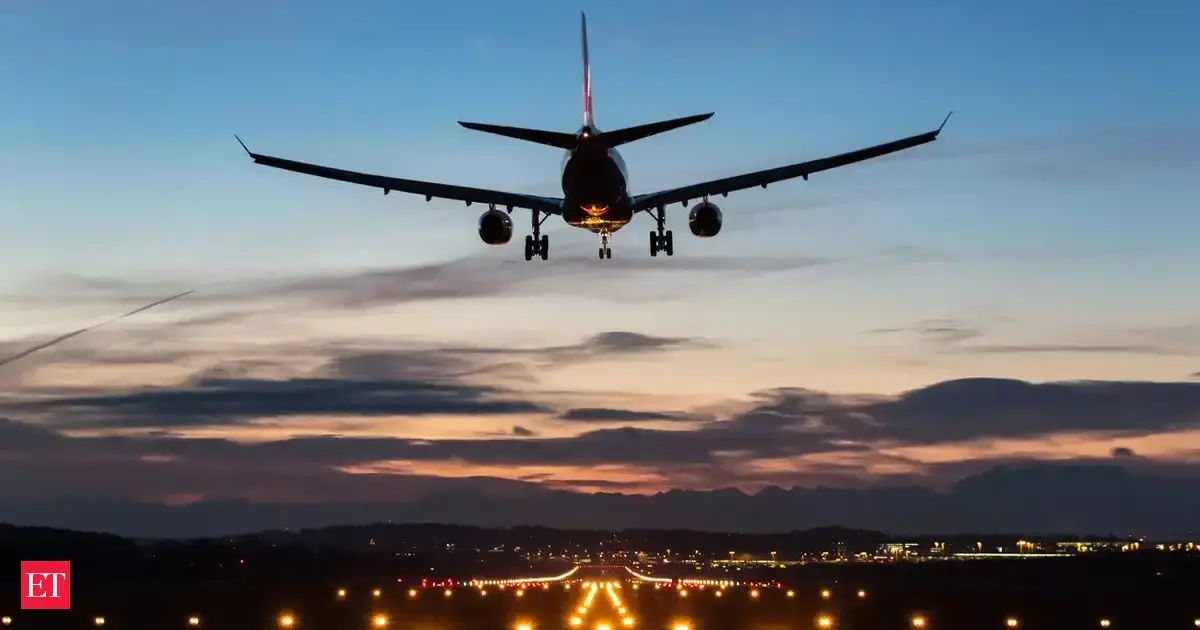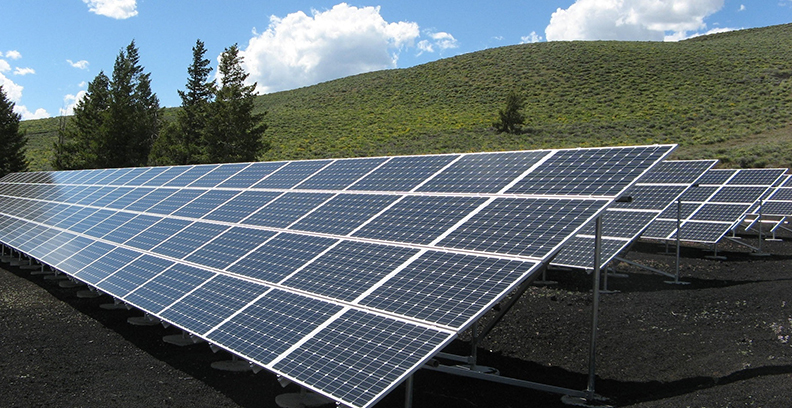Copyright Newsweek

Two federal judges ruled on Friday that President Donald Trump’s administration must continue to pay for the Supplemental Nutrition Assistance Program (SNAP) using emergency reserve funds during the government shutdown. However, it remains unclear exactly when SNAP recipients may receive benefits after the administration announced that it would freeze payments starting November 1. Newsweek has contacted the U.S. Department of Agriculture (USDA), which runs SNAP, for comment via an email sent outside regular business hours. Why It Matters SNAP, also known as the food stamp program, is a major piece of the nation’s social safety net. It helps almost 42 million low- and no-income people across the U.S. buy groceries. Most are in households with children, older adults or people with disabilities, and many are working families, according to the Center on Budget and Policy Priorities. Some SNAP users told Newsweek about their fears and uncertainty about how they will be able to afford food if they don’t receive their November benefits, while food banks were bracing for a spike in demand. Why Were SNAP Payments Paused? The USDA said it planned to freeze payments to the SNAP program starting November 1 because it said it could no longer keep funding it due to the shutdown, which is now in its second month. SNAP costs about $8 billion per month. “Bottom line, the well has run dry,” the USDA said on its website. “At this time, there will be no benefits issued November 01.” Democrat state attorneys general and governors from 25 states and the District of Columbia challenged the plan to pause the program, arguing that there is money available to fund the program and that the Trump administration has a legal obligation to keep it running in their jurisdictions. The administration said it wasn’t allowed to use a contingency fund of about $5 billion for the program, which reversed a USDA plan from before the shutdown that said money would be tapped to keep SNAP running. The Democrat officials said not only could that money be used, but that it must be. They also said a separate fund with around $23 billion is available for the cause. Judges Order Trump Admin. To Pay SNAP On Friday, U.S. District Judge John J. McConnell in Providence, Rhode Island, ordered the government to fund SNAP using at least the contingency funds. “SNAP benefits have never, until now, been terminated,” McConnell said at a hearing on Friday. “And the United States has in fact admitted that the contingency funds are appropriately used during a shutdown and that occurred in 2019.” The judge, who was appointed by former President Barack Obama, rejected the administration’s claims that the contingency funds could only be used for natural disasters. In Boston, U.S. District Judge Indira Talwani, another Obama appointee, also ruled that the USDA has to pay for SNAP, calling the suspension “unlawful.” She ordered the federal government to advise the court by Monday as to whether they will use the emergency reserve funds to provide reduced SNAP benefits for November or fully fund the program “using both contingency funds and additional available funds.” Are We Getting SNAP Payments? Despite the rulings, the benefits for millions of people will be delayed in November because the process of loading SNAP cards can take a week or more in many states. Even if the contingency funds are tapped, it will not be enough to fully cover the costs of the program. The contingency funds are estimated to be between $5 and $6 billion, while a month’s SNAP benefits cost around $8 billion. In court papers, attorneys for the government said it costs between $8.5 billion to $9 billion each month to fund SNAP at its regular level. The government’s attorneys also wrote that using the contingency fund for partial payments could cause problems, warning of “the catastrophe likely to result from each State reprogramming its system repeatedly for pro-rated payments and full payments.” They also said that reprogramming state systems for partial payments “would take weeks, if it can be done at all.” What People Are Saying President Donald Trump wrote in a post on his Truth Social site on Friday: “I do NOT want Americans to go hungry just because the Radical Democrats refuse to do the right thing and REOPEN THE GOVERNMENT. Therefore, I have instructed our lawyers to ask the Court to clarify how we can legally fund SNAP as soon as possible. It is already delayed enough due to the Democrats keeping the Government closed through the monthly payment date and, even if we get immediate guidance, it will unfortunately be delayed while States get the money out. If we are given the appropriate legal direction by the Court, it will BE MY HONOR to provide the funding, just like I did with Military and Law Enforcement Pay.” Senator Amy Klobuchar, a Minnesota Democrat and the ranking member of the Senate Agriculture committee that oversees SNAP, said on X: “GOOD NEWS: A judge ruled the administration is required by law to use emergency funding to provide food assistance to families in need. Trump has no excuse to withhold food assistance. If the admin does not issue SNAP, it is purely a cruel political decision, not a legal one.” Diane Yentel, president and CEO of the National Council of Nonprofits, one of the plaintiffs in the Rhode Island case, said in a statement on Friday: “I applaud the court for its quick action to provide immediate, emergency relief to more than 42 million Americans, including children, seniors and veterans, who would otherwise go hungry without access to federal nutrition programs. For now, these families can continue putting food on their tables, and thousands of nonprofit food banks, pantries and other organizations across the country can avoid the impossible burden that would have resulted if SNAP benefits had been halted.” What Happens Next Both Talwani and McConnell have asked for an update from the federal government by Monday.



